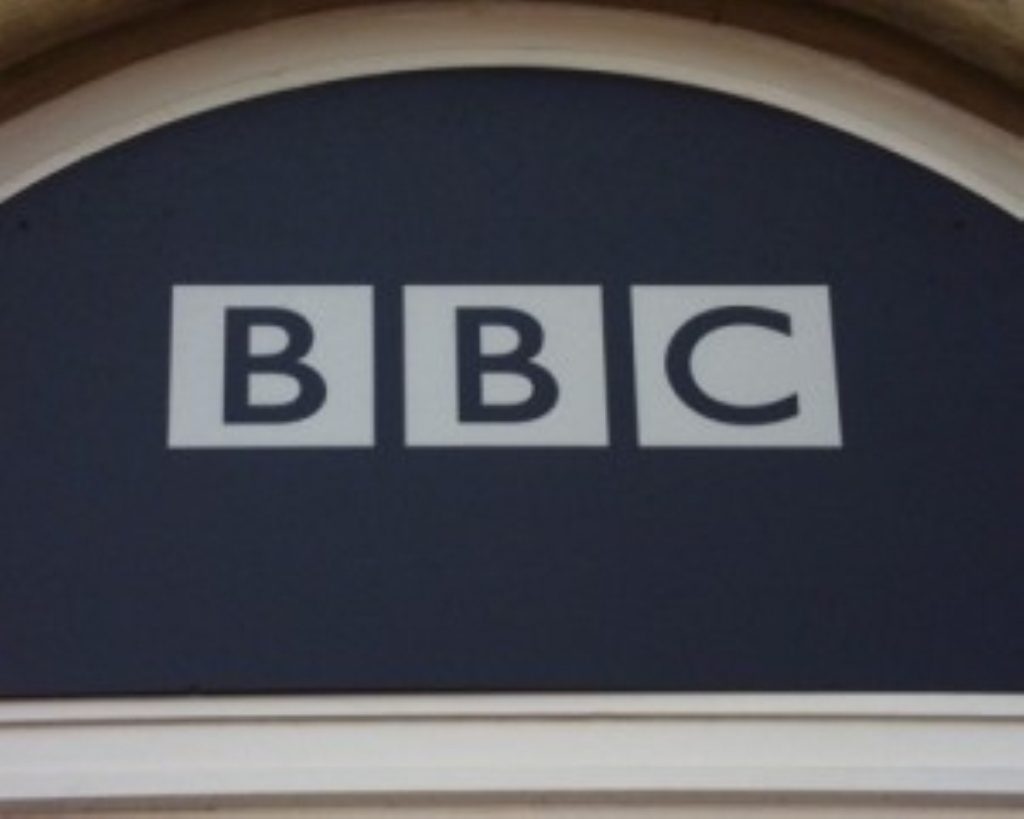BBC launches charter review manifesto
The BBC has launched its submission to the Government’s consultation on Charter Renewal, promising that the BBC will take the lead in the digital revolution.
The current BBC charter expires in 2006 and as part of its renewal process the Government has invited submissions from both the public and interested parties.
In the past the charters have lasted for ten years, but the Culture Secretary Tessa Jowell said this is not set in stone. The only certainty about the review, according to Ms Jowell, is that the BBC will remain “strong and independent”.
Other media organisations have been arguing for the BBC to come under the regulation of Ofcom and have called for limits on its involvement in commercial projects.


Michael Grade, the new chairman of the BBC, said: “Our task over the next year is to convince the British public that the BBC’s role in the new digital age of plenty is both justified and necessary.
“I want a BBC that delivers wonderful programmes that offer something of value to everyone. And, more than that, a BBC that builds public value.”
One of the major focuses of the manifesto is widening access to digital Britain, and delivering its “vision of universality.”
Director-General Mark Thompson said: “We can help build an infrastructure, but digital Britain will only come to life if it also becomes a creative space in which the best ideas and the best talent can meet audiences who are hungry for originality and quality.
“In the end, the future will not be about pathways and platforms but about content. Universally available, outstanding, distinctive content has always been and remains the point of the BBC.
“Creating a fully digital Britain is a public challenge the BBC must help to lead” said Mr Thompson.
Mr Thompson said the BBC was proposing “radical change”, change in digital provision but also “change to make the BBC more responsive to its owners, the British public, and change to make it a better partner and neighbour within the wider broadcasting sector.”
In the digital sector the BBC emphasises the importance of technological advances, saying: “Broadband is the key to turning the BBC’s rich content in to a truly public resource. The public value of this breakthrough could be as great, or even greater than for TV or radio. It is a public service medium,”
“When the traditional one-way traffic from broadcaster to consumer evolves into a true creative dialogue in which the public are not passive audiences but active, inspired participants.
“The switch from analogue to digital television is only one part of this digital transition: creating a digital Britain is about much more than one change in one broadcast technology. If the full potential of the second phase of the digital revolution is realised, it could transform the lives of everyone in the UK.
Part of the drive to make the BBC more responsive to the public would be a shift from jobs and investments in London to the regions.
Half of all public service employees would be based outside London with ten years, and Manchester would become the biggest broadcasting centre outside London.
The BBC pledges that its governors will apply a test of “public value” to all of the BBC’s activities, which will be both qualitative and quantitative.
Mr Grade rejected calls for the BBC to come under the regulation of Ofcom, saying: “Governance is not the same as regulation. Governance is about stewardship. Stewardship of the money. And stewardship of the public interest. This is the difference between the BBC governors and Ofcom. Ofcom has no responsibility for anybody’s money.”
The case for retaining a license fee is fiercely championed, but it is suggested that this could be set in the future by an independent body, similar to the Bank of England’s Monetary Policy Committee.
“Depoliticising the licence fee settlements could be the final underpinning of the BBC’s independence,” he said.












